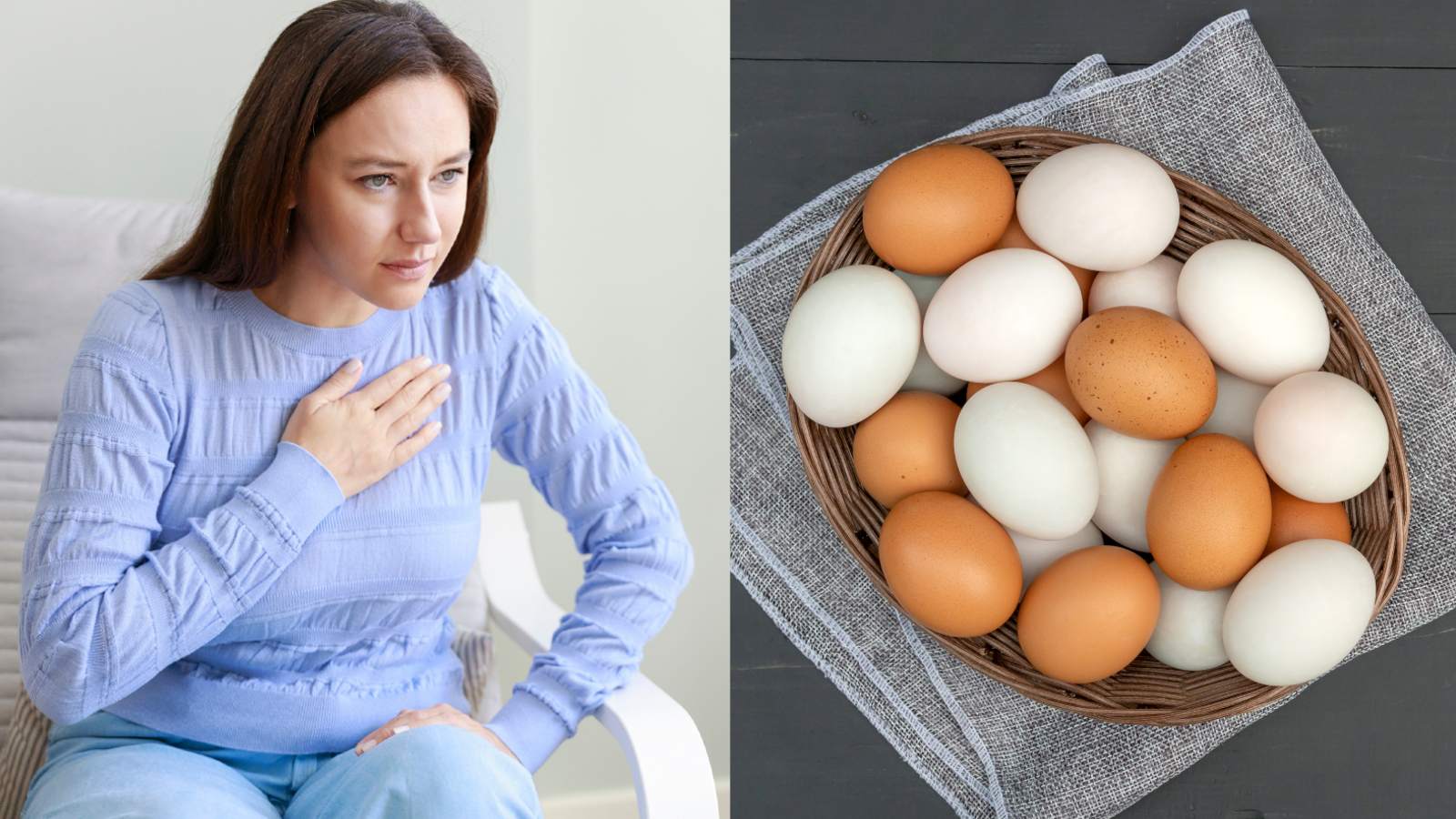How Many Eggs Seniors Can Safely Eat Daily to Prevent Cholesterol Buildup

The number of eggs older people should eat daily to avoid cholesterol buildup depends on various factors, including their overall diet, physical activity, medical conditions (like diabetes or heart disease), and individual cholesterol levels. However, general nutrition guidelines and recent research can offer useful insight.....CONTINUE READING THE FULL STORY HERE
Eggs are a rich source of high-quality protein, essential vitamins like B12 and D, and minerals such as selenium. While eggs do contain dietary cholesterol (about 186 mg per large egg), recent studies have shown that for most people, moderate egg consumption does not significantly raise blood cholesterol levels or increase the risk of heart disease.
Instead, the saturated fat in one’s overall diet has a larger impact on blood cholesterol.
For healthy older adults, consuming up to one egg per day is generally considered safe and even beneficial. In fact, for those with no history of cardiovascular issues, eating one whole egg daily may support muscle maintenance and brain function without causing harm.
In some cases, older adults who are active and in good health may be able to eat up to 7 eggs per week, including whole eggs, without negative effects.
However, those with heart disease, diabetes, or high LDL cholesterol may need to limit their intake to 2–4 eggs per week, or focus more on egg whites, which contain protein without the cholesterol found in yolks.
Balance is key. Combining eggs with vegetables, whole grains, and healthy fats like avocado or olive oil helps reduce risks. Avoid pairing eggs with high-fat, processed meats like bacon or sausage, which can raise cholesterol levels more than eggs themselves.
Ultimately, it’s wise for older adults to consult a nutritionist or doctor for personalized advice.
